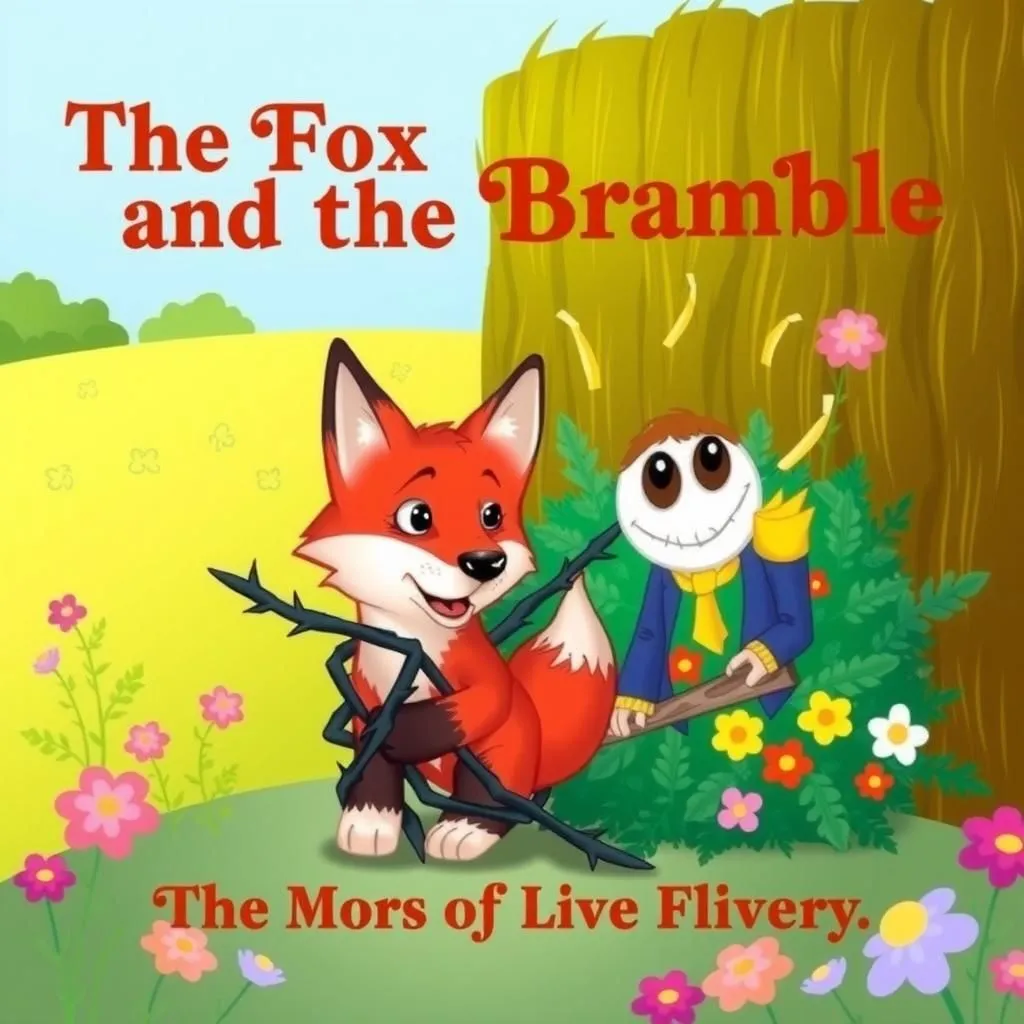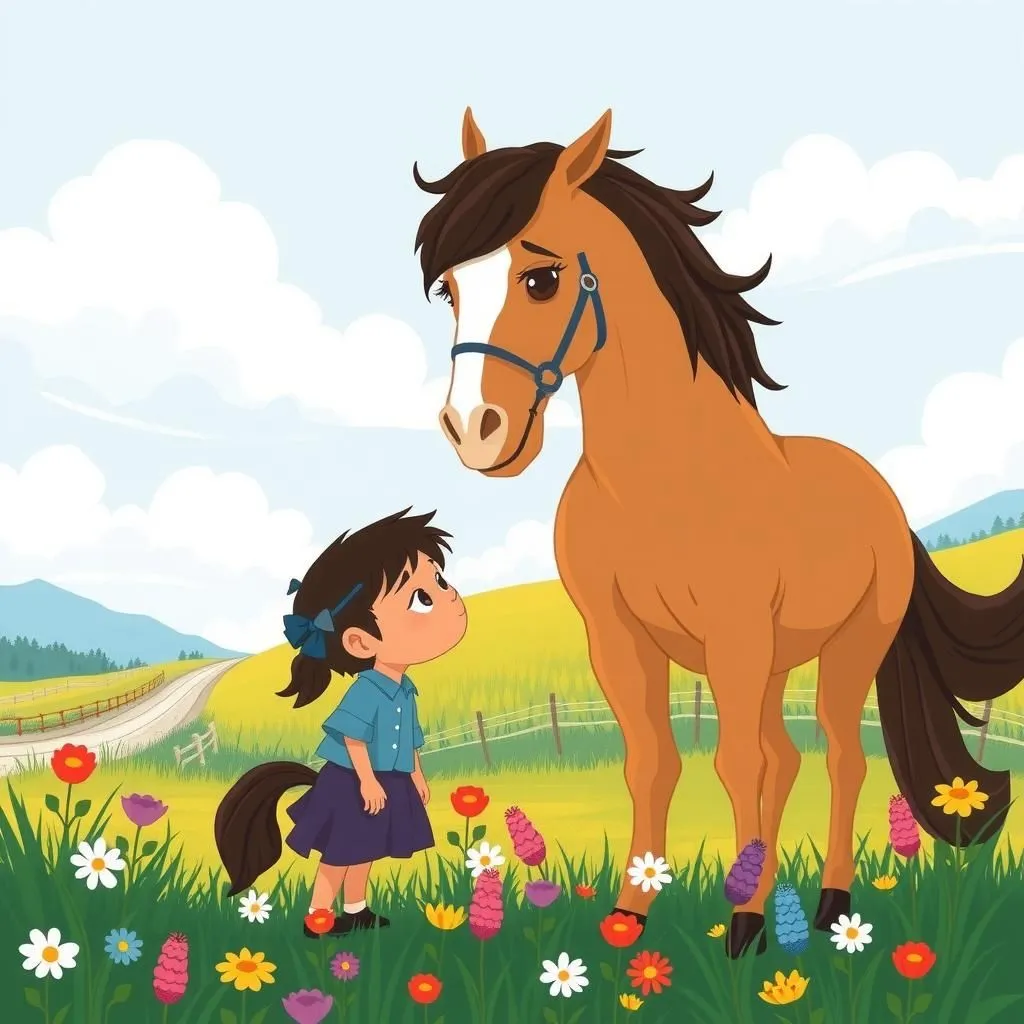
The Jackdaw and the Fox
In "The Jackdaw and the Fox," a hungry jackdaw clings to the hope of out-of-season figs ripening on a tree, embodying the theme of misguided expectations found in entertaining moral stories for kids. A wise fox observes and cautions him that such hopes, while strong, will ultimately lead to disappointment. This short and sweet moral story teaches students the importance of recognizing reality over wishful thinking.


